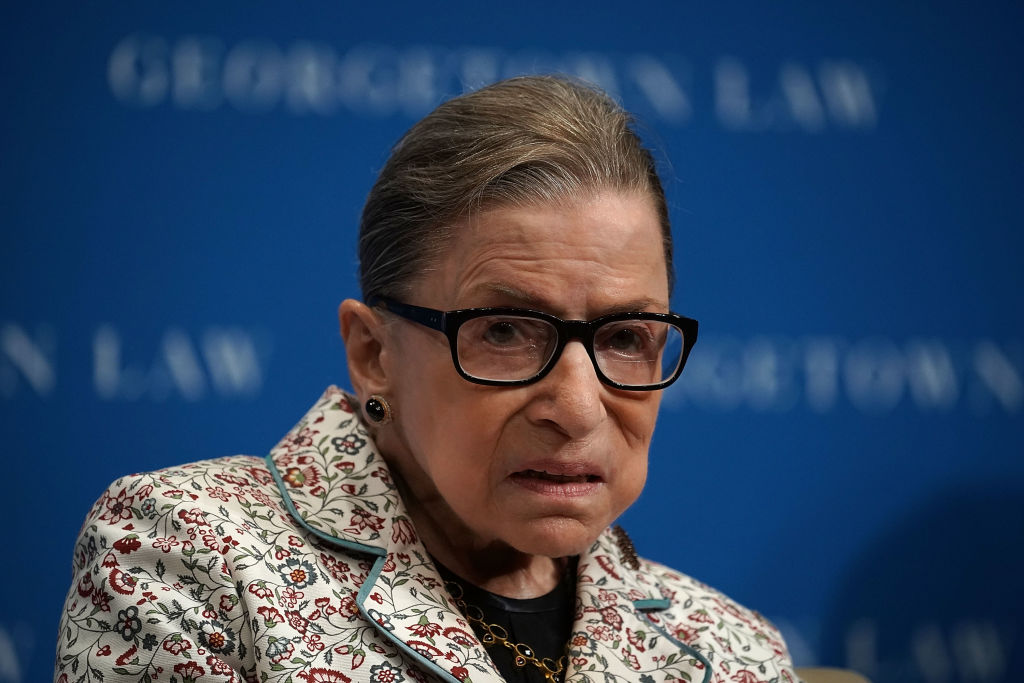Ruth Bader Ginsburg has passed away. America has lost one of its finest lawyers. An outstanding lawyer is a gift to a nation. But RBG is one America never actually used. The same is equally true of her friend Antonin Scalia.
Two brilliant lawyers that most nations would give their right arm for. I think it is fair to highlight how little law either actually did. Both were sadly reduced by the constitution they lived under, to being mere politicians.
They both contrast sharply with how we have tried to practice law here. A month ago, I had lunch in a pub with a friend and three children. At the end the bill came. It was incorrect.
Not uncommonly for someone who fights over bills for a living, I let my non-lawyer friend take up the issue. He was told that the ‘eat out to help out’ deal could not be applied, because we had ordered in person and not via an app that neither of us had heard of.
His response was to argue, rightly in English law, that this could not apply because no one had told us this requirement in advance. He did not know it, but he was here articulating a point of contract law, that reasonable notice must be given of onerous contractual terms. A point best made by Lord Bingham in 1987.
He was about to launch into an impromptu rendition of unfair terms in consumer contracts and the role of implied terms, without even knowing it, when the restaurant admitted its mistake.
That is what lawyers have been doing when we weren’t being noticed. When we aren’t becoming known. I don’t mean to make us sound sinister, but we have been watching you for years, 800 or so.
The first modern admission of this was when we pondered, loftily as is our want, on what the ‘man on the Clapham omnibus’ thought about things. The idea has rightly morphed over time to the person on the tube, but the point remains and is one that matters – we don’t seek to lead, we follow.
Lawyers tend the common law as a valuable garden, not as masters, but as servants. Lord Bingham did not decide that onerous contract terms were bad and must be highlighted on a whim. He did so because he was trying very hard to replicate what reasonable people think. And when he articulated the idea in 1987, he did not do so in isolation; he was building upon other judges who had, half or three quarters already, acknowledged these thoughts in the years before.
In doing this, lawyers achieve something no politician ever can. We achieve a consensus of thought at 80 or 90 per cent approval ratings. No politician, certainly no government, ever achieved such a thing.
The issue is important because it is the same Lord Bingham who was the first modern judge to make openly political statements. He did so in his books and lectures. He is increasingly cited more for his, I think incorrect, political views than the excellent and commendable life time of dedication to contract law.
I am unsure why, or when, the idea that you can or should achieve political ends via the law took root here. It is wrong in any event.
Using the law to achieve a political end is inherently fragile. Gay marriage in the USA was achieved not through clean democratic means, but by using lawyers. As were abortion rights and to some extent rights to health care. Increasing reports suggest these are now under threat. They are not under threat in any equivalent country, who used politicians to achieve them.
It is not part of our constitution that my political opinion beats yours because I happen to be a lawyer. I hope it never will be. Above all, I fear it ends up being a waste of good lawyers.






Comments